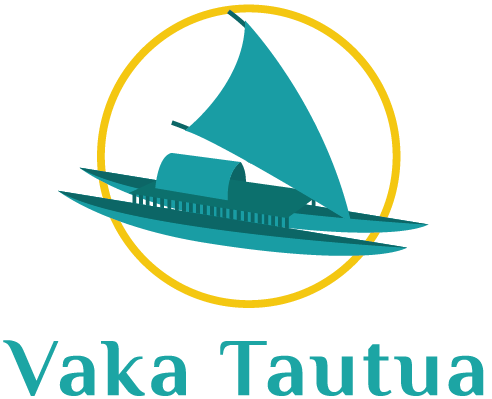More effort needed to reduce child poverty for Māori, Pacific and disabled children
Addressing inequities to ensure Māori, Pacific and disabled children thrive and achieve their potential is the key message from new Children’s Commissioner, Judge Frances Eivers, who launched the ninth annual Child Poverty Monitor 2021 technical report at Vaka Tautua, Manukau.
Children’s Commissioner Judge Frances Eivers being interviewed by Jenny-May Clarkson, TVNZ ‘Breakfast’ co-host, at Vaka Tautua Head Office, Manukau.
Judge Eivers and Vaka Tautua CEO Dr Amanda-Lanuola Dunlop socially distancing at Vaka Tautua Head Office..
“While Aotearoa may be on track to meet some of the Government’s targets at a national level, the poverty rates amongst our Māori, Pacific and disabled tamariki are extremely high… it is not acceptable. Every child in Aotearoa deserves to grow up in a country where they are valued and supported to thrive,” said Commissioner Eivers.
The report, which includes the views and stories of children across the country, shows just over one in ten children nationally are living in material hardship, regularly going without basics like food, appropriate clothing, and warmth.
Of those, one in four are Pacific children, one in five Māori, and one in five with a disability. One in three Māori and Pacific children are living in damp houses, and one in five in low-income households. The report begins with the voices of tamariki.
“Our tamariki spoke of racism and discrimination... they are acutely aware of the barriers that prevent them from enjoying their lives and achieving their potential. We need to address the structural, institutional inequities that exist for our Māori, Pacific and disabled tamariki, many of which have compounded over the generations,” said Commissioner Eivers.
“It’s all of our responsibility - government, the community, iwi, Pacific, schools, our whole society - to ensure our children are valued and supported so they can thrive and achieve… for this generation and the generations to follow.”
The report is a partnership between the Office of the Children’s Commissioner, J R McKenzie Trust and the University of Otago.
View the full Child Poverty Monitor 2021 technical report here. Watch Judge Eivers’ interview with Jenny-May Clarkson on demand here.


